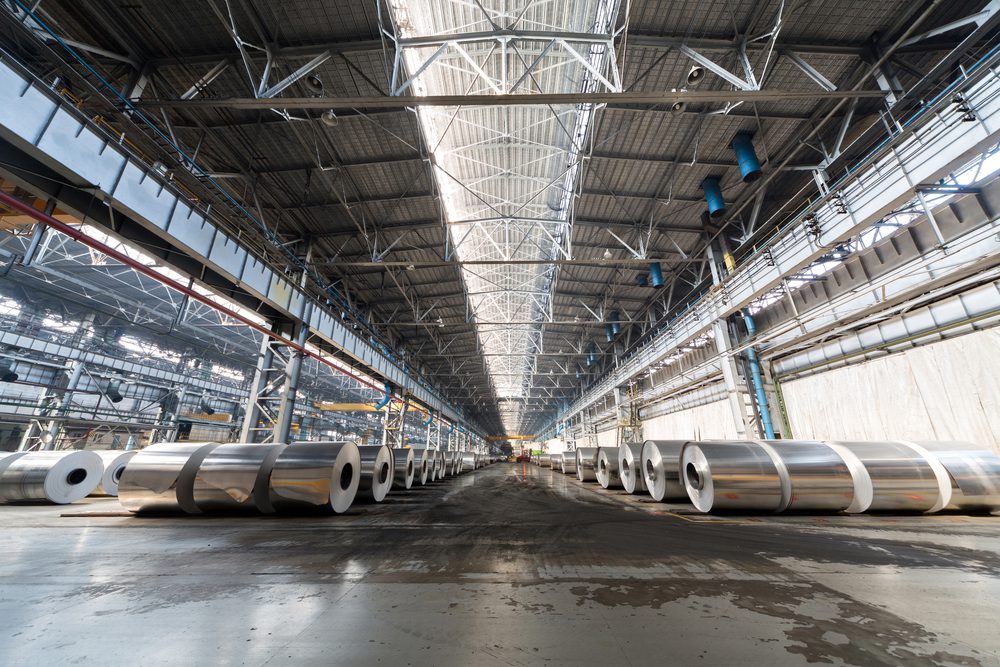
In another blow to Germany’s industrial base, Spiera, one of the country’s largest aluminium producers, was forced to shut a major smelting hub near Neuss this week due to rising energy prices and international competition.
In addition to higher energy rates the company’s woes were compounded by a lack of demand from China. The German aluminium sector in general has undergone multiple plant closures this year, having been battered by rising energy costs, Russian imports, and the failure to maintain its global competitiveness.
The decision to close the Neuss plant will affect 300 employees, with the company previously halving production at the facility in the face of increased costs. There are fears for the future of Speira’s remaining six smelting sites, including the world’s largest aluminium mill at Alunorf, which employs 3,300 workers. As an answer to its declining fortunes, the company said it would focus on aluminium recycling rather than production.
Despite relief packages, the energy-intensive aluminium sector has been one of the significant economic victims of Germany’s energy crisis. Aluminium production forms a crucial part of modern industrial supply chains, with analysts warning that a collapse of the industry would cripple the German economy.
The decision by Speira adds to growing fears of deindustrialisation as banks, industrialists, and trade unions question the viability of German manufacturing.
Global aluminium prices fell 37% in the past year, while production costs for European producers spiked. The German aluminium sector has also been recently impacted by a failure to include most Russian metal imports to the list of sanctioned products which industry experts had hoped would offer some relief to manufacturers.
In an effort to bolster self-sufficiency in the processing of raw materials and protect EU exports, the European Commission announced protectionist policies and proposed new EU carbon tariffs on certain imports, with the industry as a potential beneficiary.
The German government has been heavily criticised for its failure to diversify energy streams, its move away from Russian gas, and its overreliance on the ability of renewable energy to meet its energy requirements. In response, Berlin introduced fresh industrial electricity tariffs this week to stimulate Germany’s industrial competitiveness.
